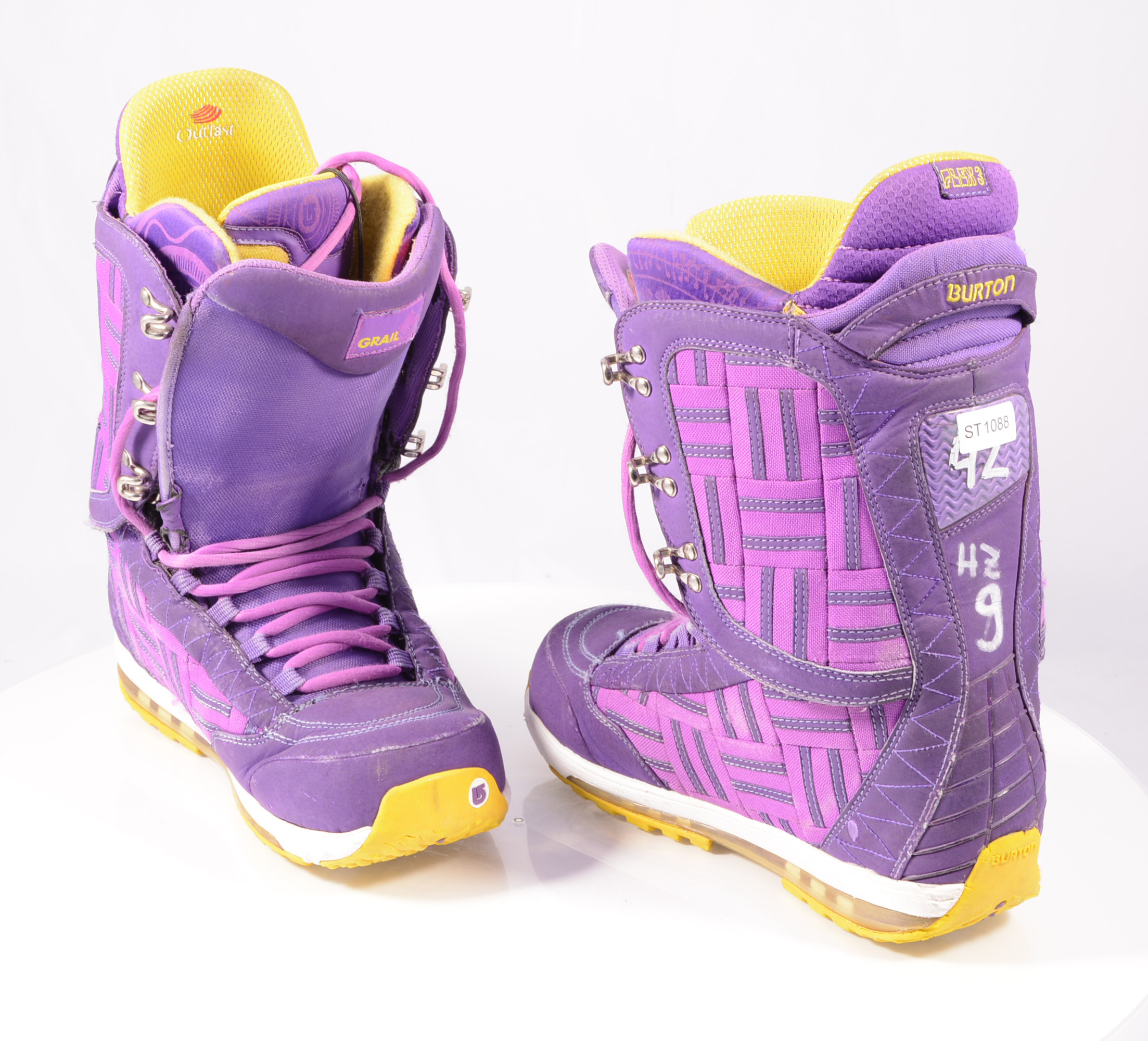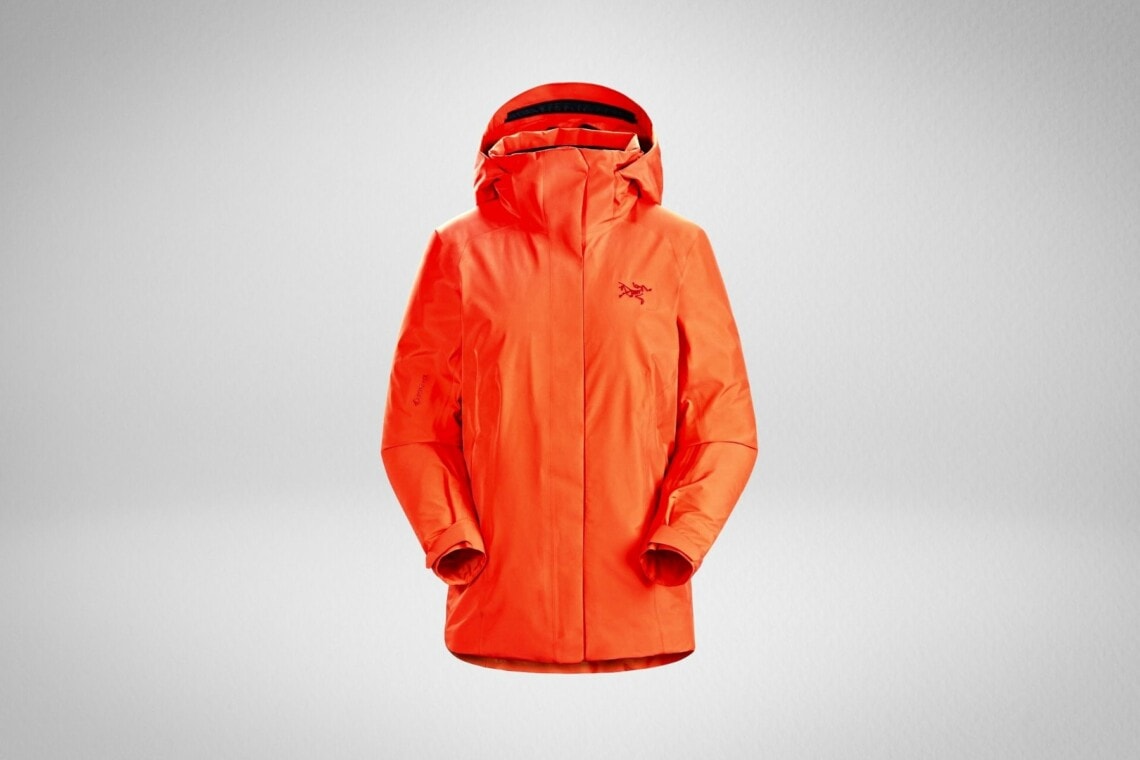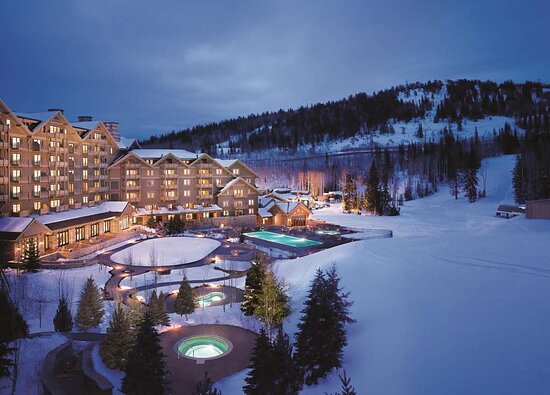
Ski jumping requires courage and precision. This combination allows a ski jumper to take off in a graceful fashion and land on a sloped landing area. A skier can travel up to 100km per hour when he or she makes a successful leap. Skiing can be dangerous if it is not done properly.
One of the most important rules of ski jumping is that a jumper cannot exceed 4.5 meters off the ground during the course of their jump. American skier Werner Lesser, who jumped 41 meters (135 feet), was the greatest jump ever recorded.
Another important information is that ski jumpers may earn up to 60 points for landing at the K-point. It is the lowest point on a landing slope. The judges will subtract points if a jumper is too far into the landing area. A jumper will receive 1.8 points for each meter that they cross the K-point on a large hill.

Style points can be earned by skiers who demonstrate a fancy-pants leap. This is in addition to the obvious measure of success. You can do this by leaning forward, moving your arms or pointing the tips outward.
It is not uncommon for jumpers to collide with each other. The real challenge is keeping control and making a smooth descent. Some skiers have even been injured during a jump. A jumper should be able land on a sloped landing zone without hitting the ground in a perfect world.
The knoll is the name of the first section of a landing hill. It connects the P-point, which is the point of entry into the landing area, to the K-point, which is the flattest part. The skier may then make another jump to increase their chances of scoring more points.
Aside from the most important rule of thumb, there are many other tricks of the trade. A jumper can increase speed by leaning forward, then bending backwards in order to lift the ski's front. The most important thing is to have courage and confidence to jump forward.

It is best to practice these tips before you make your final decision. This is especially important for beginner riders. Practice will help you learn the basics and improve your technique. Online competitions are also possible at scheduled weekly tournaments and world cup tournaments. SkiJumping.com allows you to join an online ski jumping group. These websites will allow you to connect and communicate with fellow ski jumping enthusiasts worldwide.
Ski jumping is a sport that offers thrills and excitement, even though the rules are very strict. Skiers of all skill levels can achieve extraordinary feats in strength and skill.
FAQ
How long does a flight take between two countries.
The distance between the airports as well as the weather conditions can affect the time it takes to fly.
The average flight time is approximately 3 hours.
The actual flying time depends on many factors like the airline, aircraft type and airport delays.
Which countries have the best food?
Each country has its own cuisine. It's therefore difficult to identify the best countries for food.
But we can show you which countries serve the best food!
According to TripAdvisor users:
-
Italy - Italy has been voted the number 1 destination by TripAdvisor users thanks to its fantastic food.
-
France - France came in second place because of its rich culture, cuisine and history.
-
Spain - Spain came third because of its great weather and beautiful beaches.
Are you concerned about what you might lose when you travel?
Yes, I often forget stuff. This happens most often when I'm on a brief trip. But luckily, I always have everything with me, so I never run out of anything.
I always keep my passport, for example. I also make sure to have enough money for any purchase of tickets.
Also, my phone charger is always with I. A small bag is also handy for storing other items.
What size luggage should I carry?
The length of the trip will affect how much luggage that you can take. You will only need to bring hand luggage if you're traveling by plane. This is typically less than 20kg. However, if you are taking a train or bus, then you will need more space.
A form will be provided to you when you arrive at the airport with information about your flight. This will include information such a weight of your bags, and whether you need assistance with checking them in.
Always check your luggage before you leave the house. If you don’t check it, you might end up waiting hours for everyone else to do so.
Because you never know what could happen, it is better to travel light. You won't be able to use your bag if it gets lost.
Where should I store my luggage?
There are many options. Most people use airport lockers. These are typically located near the security zone. You can get one for $5-10 per Day, depending on how big the locker is.
A storage unit can be rented. These units can be found in shopping centers and hotels. Although prices vary, some places offer discounts for multiple units that are rented together.
Another option is to hire porters. A porter will transport your luggage from the carousel into your room. Each time he assists you, a small fee will be charged.
Where can I find cheap accommodation when traveling abroad?
There are many options for affordable accommodation, including hostels and hotels, guest houses, and bed-&-breakfasts.
Hostels come at a low cost and offer rooms in dormitory-style accommodation where guests share bathrooms with one another.
Hotels are located in tourist areas and offer private rooms with en suite bathrooms.
Although they look similar to hostels in that they have smaller rooms and more people sharing each one, guesthouses can be quite different.
Bed & Breakfasts are very popular among budget-conscious travelers. The guests stay in their own homes and receive a full breakfast as part of the stay.
How can I make traveling more fun?
Not all about going from one point to the next. It should also include all the experiences along the way.
So we have created an app called "Traveler," which helps you plan your trip by creating itineraries based on your interests.
We are currently working on adding more features such as booking hotels, flights, renting cars, etc.
This project was created to provide a simple tool to help people plan their travels and make the most of what they have while on vacation.
Statistics
- Alcoholic beverages with more than 24% but not more than 70% alcohol are limited in checked bags to 5 liters (1.3 gallons) per passenger and must be in unopened retail packaging. (tsa.gov)
- No Checked Bags: No Alcoholic beverages with more than 70% alcohol (over 140 proof), including grain alcohol and 151 proof rum. (tsa.gov)
- That's an 18% jump from 2019, the previous record year. (travelandleisure.com)
- Between the ages of 11 and 13, kids, or tweens, will likely want some autonomy but also need boundaries. (travelandleisure.com)
- Pack sweaters, jackets, and underwear in reusable compression bags creating up to 75% more space in your luggage. (wikihow.com)
External Links
How To
What are your top travel tips?
Traveling is an exciting experience, but there are many pitfalls you need to avoid if you want to have a safe and enjoyable trip.
Here are some simple tips to help you plan your next holiday.
-
Make sure to book early. The earlier you book, the lower the prices. Avoid last-minute offers by airlines and hotels to save money.
-
Stay-at-budget accommodations. Cheap hotels are more affordable. These hotels are often located close to shopping and public transportation.
-
Don't overpack. Keep it light. You can leave room for souvenirs or gifts. You should wear clothes that fit comfortably and don't wrinkle easily.
-
Be sensible. Traveling alone? Don't go out at night. Avoid unsavory neighborhoods and areas where crime is rampant.
-
Take precautions against theft. Keep valuables hidden from view. When you swim, don't leave valuables unattended.
-
Pay attention to cash. Tourists are often targeted by thieves in foreign cities. Keep your money away from prying eyes and only use ATMs at banks or protected facilities.
-
You need to know what you are doing. Before booking a hotel, ensure you know how to get around using public transport. You can find out more about popular attractions, restaurants, or other sights.
-
Be sure to learn about safety. Before you go, find out about the local laws, customs and culture.
-
Have fun! Have fun, regardless of what happens. It's worth it.